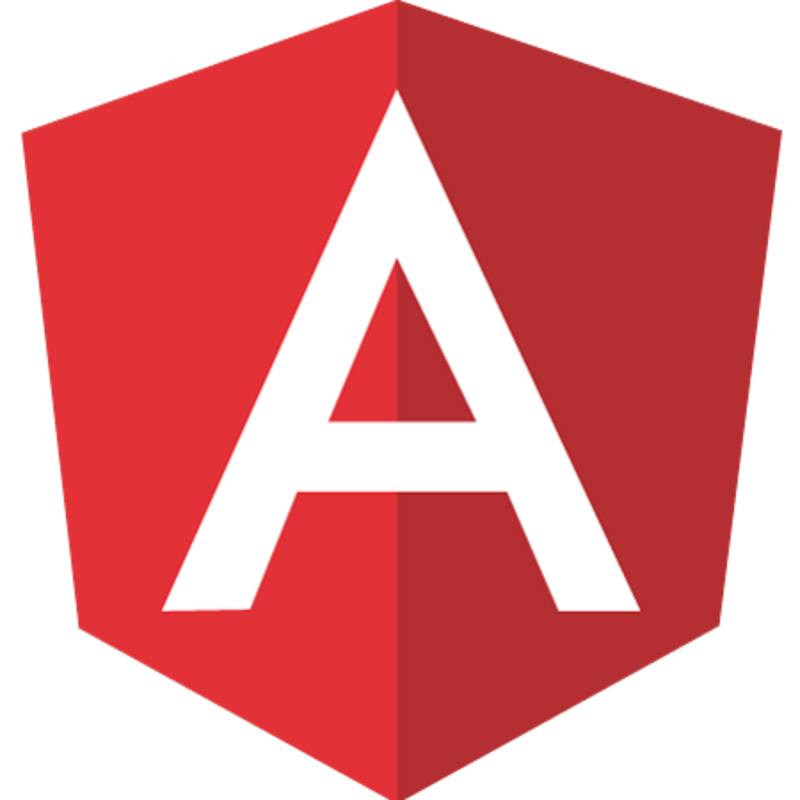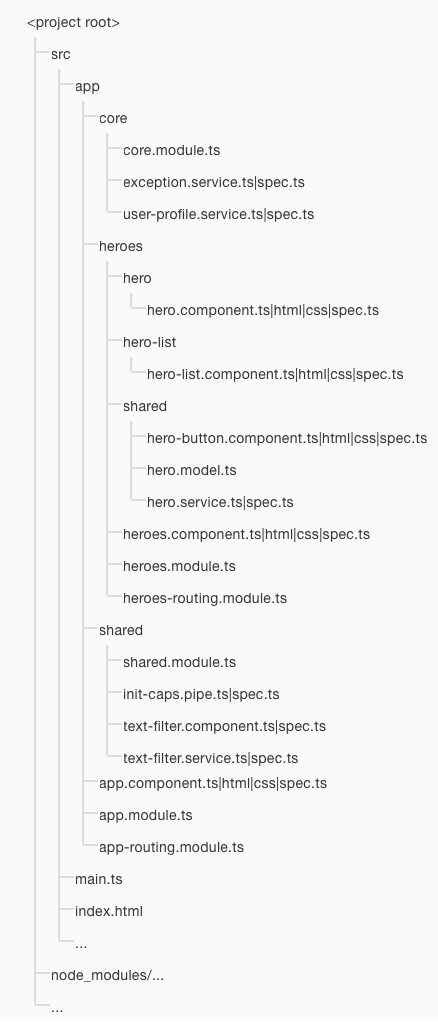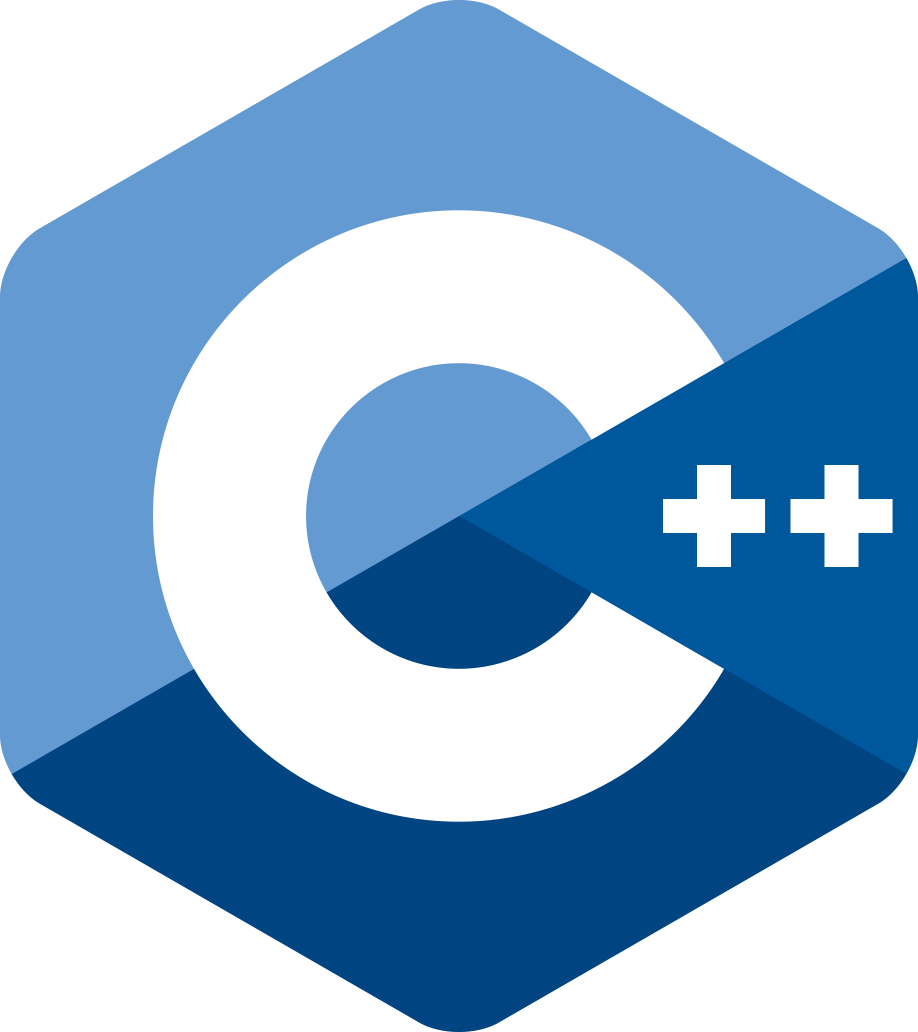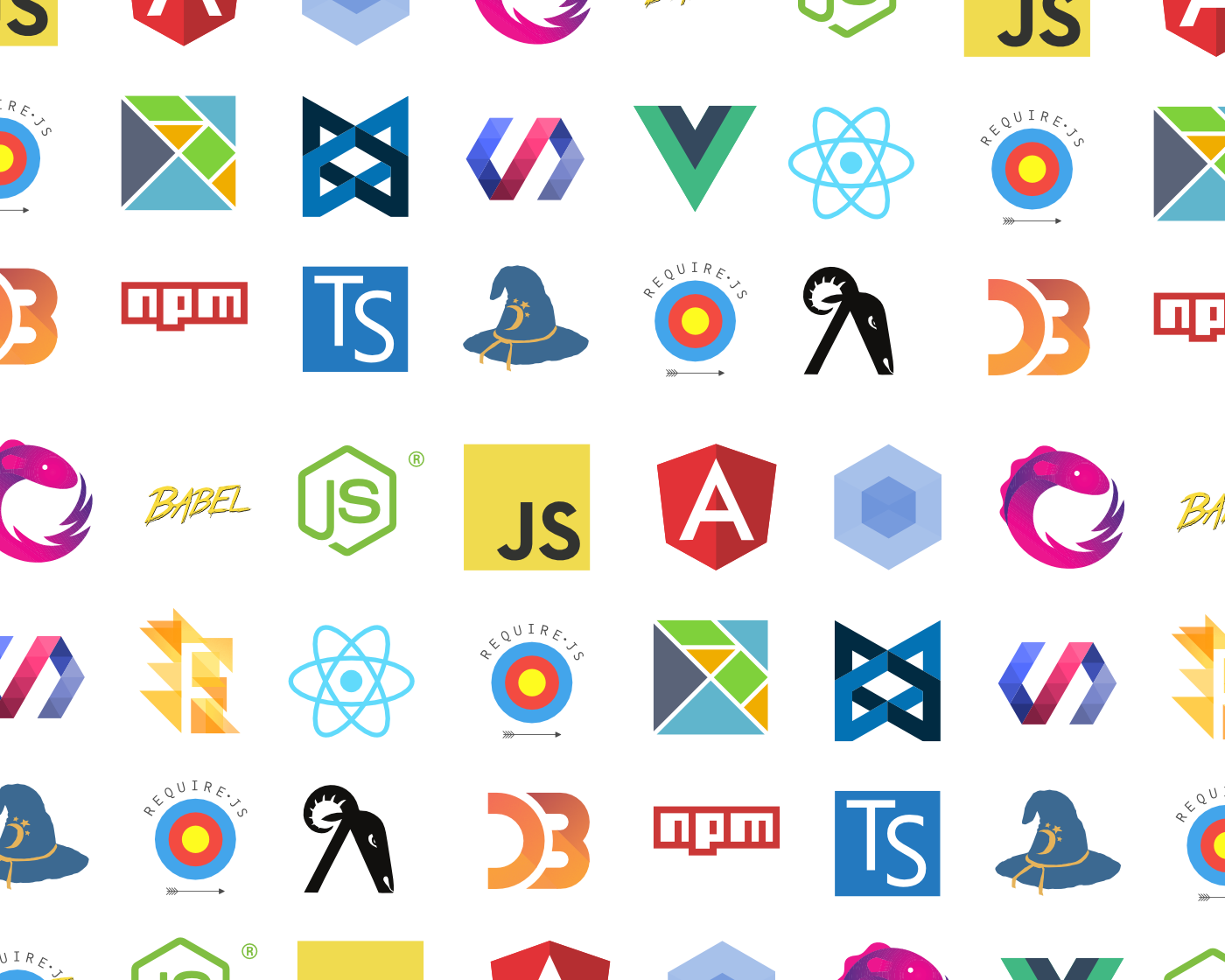@jeremy_dardour @loiccarbonne Credits: Sitepoint
Two Fans sent to Battleground



React
Angular


Feelings




Tips

How to choose





Let's get started!
Two different basic stacks









Modern Javascript Base
Angular

Two different learning curves


- Small basis to learn
- Lots of others library
- Lots of design patterns
- Observables (RxJS)
- Then you are all set

Launch your project

Prepare your coding gear




React Dev Tool
Augury
Prepare your coding gear

Documentation

Let's Code!
Writing components
// Hello.jsx
export class Hello extends Component {
render() {
return (
<div>
Hello { this.props.name }!
</div>
);
}
}
Hello.propTypes = {
name: React.PropsTypes.string
}
Hello.defaultProps = {
name: 'FullStackLondon'
};//app.module.ts
@NgModule({
declarations: [
HelloComponent,
],
})
export class AppModule {}//hello.component.html
<div>
Hello {{ name }}!
</div>//hello.component.ts
@Component({
selector: 'hello-component',
templateUrl: './hello.component.html',
styleUrls: ['./hello.component.less'],
})
export class HelloComponent {
@Input() name = 'FullStackLondon';
}

Writing components - JSX


Clear error messages

JSX - Accessibility

<div style="list">
<div style="list-elem">1</div>
<div style="list-elem">2</div>
</div>
<ul style="list">
<li style="list-elem">1</li>
<li style="list-elem">2</li>
</ul>
<div onClick="function">Button</div>
<button onClick="function">Button</button>Accessibility
Usual user behaviours





Communication between components
Props
Callback
@Input
@Output and EventEmitter
// declare fields
@Input() data: string;
@Output() handleEvent = new EventEmitter();
// use it
handleEvent.emit(value)<MyChildComponent
[data]="data"
(handleEvent)="myFunction($event)"><MyChildComponent
data={data}
handleEvent={myFunction}>// declare in PropTypes
data: PropTypes.string,
handleEvent: PropTypes.func,
// use it
this.props.handleEvent(value)

App Data Management
Context API
State managers
Data services (singletons)
State managers





The first obstacles!


<TodoList title={'Todo list'}>
{this.props.listItems.map((listItem) =>
(<ListItem item={listItem} />)
)}
</TodoList><todo-list [title]="Todo list">
<todo-list-item
*ngFor="let listItem of listItems"
[item]="listItem" />
</todo-list><todo-list>
<h1>Todo list</h1>
<ul class="group">
<todo-list-item>
<li class="item">learn react</li>
</todo-list-item>
<todo-list-item>
<li class="item">learn angular</li>
</todo-list-item>
<todo-list-item>
<li class="item">decide</li>
</todo-list-item>
</ul>
</todo-list>Harder to style and understand HTML
<h1>Todo list</h1>
<ul class="group">
<li class="item">learn react</li>
<li class="item">learn angular</li>
<li class="item">decide</li>
</ul>Component wrappers
Component Lifecycle
- constructor
- ngOnChanges
- ngOnInit
- ngOnDestroy
- 5 more methods


- constructor
- getDerivedStateFromProps
- componentDidMount
- componentWillUnmount
- render
- 4 other methods
Sometimes displaying similar APIs...




...sometimes very different ones
Component Lifecycle - Virtual DOM
Compares JS objects
Only renders changed elements


Component lifecycle
import { Component } from '@angular/core';
@Component({
selector: 'app-header',
templateUrl: `
<div class="header-container">
{{ countMyRenders() }}
</div>
`,
})
export class HeaderComponent {
countMyRenders() {
console.count('render of header component');
}
}
Do not calculate methods in template in Angular
Observables are powerful...
Reactive programing
Real Time

"You can think of an observable as an array whose items arrive asynchronously over time." Angular docs

...but complicated to master...


20+ classes
120+ operators
...and you don't have a choice




DOM
LISTENERS

@Injectable()
export class ApiService {
method() {...}
}
...
@NgModule({
declarations: [],
imports: [],
providers: [
ApiService,
],
})
export class AppModule {}
...
@Component({
selector: 'app-header',
})
export class HeaderComponent {
constructor (apiService: ApiService) {
this.apiService.method();
}
}Lot of boiler-plate
Dependency injection
Easier testing
More flexible code


Tests - Angular


describe('MyComponent', () => {
let fixture;
let component;
beforeEach(async(() => {
TestBed.configureTestingModule({
imports: [
FormsModule,
HttpClientModule,
],
declarations: [
MyComponent,
],
schemas: [NO_ERRORS_SCHEMA]
}).compileComponents();
fixture = TestBed.createComponent(MyComponent);
component = fixture.debugElement.componentInstance;
fixture.detectChanges();
}));
...Boiler Plate
Mock with DI


...
it('should be a great test', fakeAsync(() => {
// mandatory to refresh dom
fixture.detectChanges();
// mandatory to wait for asynchrone events to finish
tick()
fixture.detectChanges();
...
fixture.detectChanges();
tick()
fixture.detectChanges();
}));
...Tests - Angular


Complex API
Manual update of lifecycle methods


Tests - Angular


Unclear error messages


Tests - React


+ Enzyme
Snapshot testing
Easy to set up
Hard to mock business functions
describe('Super test case', () => {
beforeEach(() => {
wrapper = shallow(<MyComponent {...props} />);
});
it('should be a great test', () => {
// Set state
wrapper.setState({ name: 'bar' })
// Call component Class methods
wrapper.instance().handleClick();
// check children components props
expect(image.prop('src')).toBe('url');
// Simulate events
wrapper.find(MyOtherComponent).simulate('click');
});
});Simple API




Architecture
Angular Modularity


Architecture - Angular

Core module
Heroes module
Shared module
App module

On one side the doc offers a solution for everything...
source: https://angular.io/guide/styleguide#overall-structural-guidelines
A complete style guide
One proposed organisation
One way of naming files
Architecture - React

... on the other side everything is up to you

.js vs .jsx
File naming
Business logic files
Organizing by Page

Styling
Typing
Function vs Class
shared components
Difference of philosophy
Angular is a Framework


React is a library

...Both can make to a good recipe...
...or end up in spaghetti-code

How to choose ?



How to choose - Team Background

Typed / Object Oriented





How to choose - Team Background





How to choose - Team Size




How to choose - Project


How to choose - Targeting Mobile


How to choose - Real Time


How to choose - Personal Preference






How to choose - Personal Preference




We promised you
Our Feeling
is more structured but not as fun as


Our Tips
Working with helped us to think in components and with state management
Working with helped us to structure our projects and write better HTML


Thank you

@jeremy_dardour
@loiccarbonne

React vs Angular Fullstack
By Loïc Carbonne
React vs Angular Fullstack
- 590



